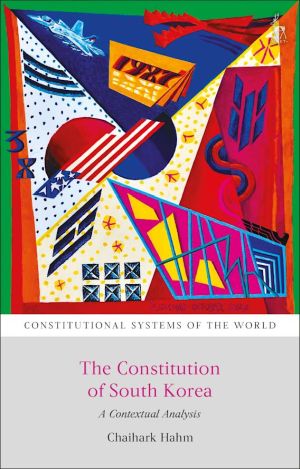
The current South Korean Constitution of 1987 is the culmination of decades-long efforts by the South Korean people to achieve democratic self-government. It is the fruition of untold sacrifices made by dedicated citizens who tirelessly fought to rein in the power of the government under some form of constitutional rule. In that sense, it should be understood against the backdrop of South Korea's experimentation with constitutionalism that began at the turn of the last century. Yet, it also represents a radical break, the beginning of a new era which ended a long political history of "constitution without constitutionalism." For the first time in the history of the South Korean nation, the constitution has become a living norm rather than an ornament, or a facade, for illegitimate or ineffectual governments. It is proving to be a binding law that matters for not only the government leaders but also private individuals. With the adoption, especially, of a system that allowed for the adjudication of constitutional issues at an independent court, the people are realizing that the constitution can actually be invoked to protect their rights and advance their interests. As a result, the South Korean Constitutional Court is being stretched to its limits with so many cases filed at its docket. This means that the constitutional system of South Korea is very much a work-in-progress, whose shape and contours are still being hammered out. The primary goal of this volume will be to flesh out, and make intelligible to foreign readers, that process within the specific political and historical context of modern South Korea.